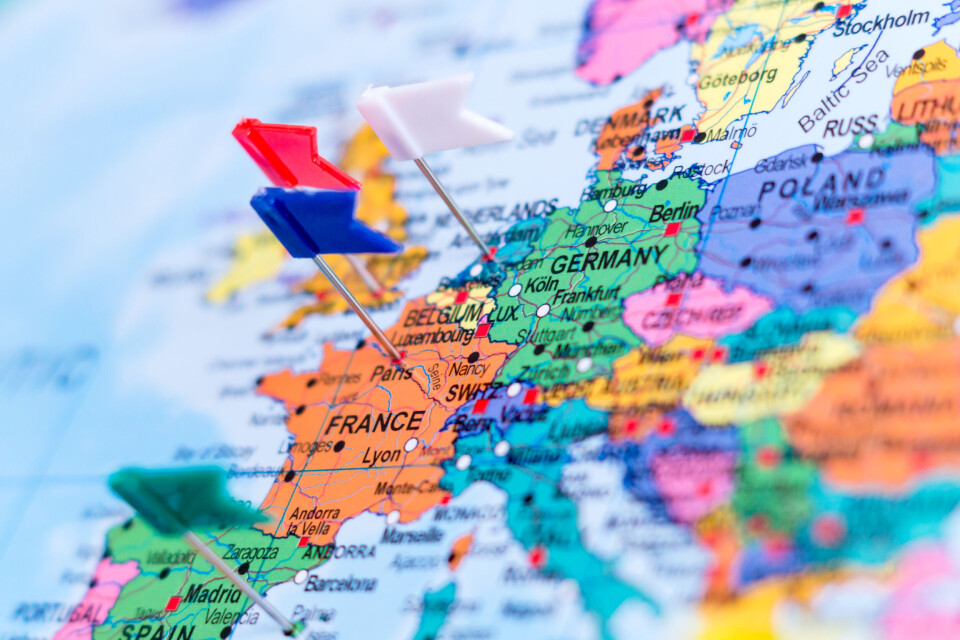-
Hungry, peckish, stuffed: 11 French phrases to do with food and eating
These phrases help to talk about one of the most important subjects in France - food
-
Can you guess the meaning of grincheux?
Read about a real-life example illustrating when to use this fun French adjective
-
When and why do we say c’est la goutte d'eau qui fait déborder le vase?
An expression to indicate that something has tipped you over the edge
Parlez-vous français? Nein danke, say the Germans
In 2021/2022 less than one in seven German students chose to learn French

Say what you like about the solid concrete axis of France and Germany at the heart of the European project, but it seems that the Germans are increasingly saying “non, merci” to learning the lovely language of its much-admired EU partner – with English still by far the preferred option.
As recently reported in the German newspaper Der Spiegel (The Mirror, for those who don't speak allemand), in the 2021/2022 school year, less than one in seven German students (15.3%) chose French as a foreign language.
The figure – made public by Germany's Federal Statistics Office – is the lowest in thirty years.
For Europhiles is makes grim reading when you compare it to the number of students who take up English language study – a whopping 82.4% for the same school period.
Even Latin comes in at a surprisingly healthy 6.4%, with Spanish, said to be an increasingly popular choice, at 5.9%.
Unsurprisingly, French is most popular in the German regions that border France.
In Saarland (capital, Saarbrücken) – the southwestern German region bordered by France and Luxembourg – 51.2% of student chose French as a foreign language.
But in the spirit of linguistic reciprocity, what exactly have the Germans given to the French language?
The pickings are fairly slim: we have hamster (yes, the animal) and nouille (noodle, from the German nudel), but there are a couple that resonate to the very heart of French tradition and lifestyle: the beloved bal musette instrument l'accordéon is derived from the German Akkordeon, while trinquer – the “cheers!” act of clinking glasses – comes from the German verb trinken, meaning “to drink”.
Related articles
How to avoid an unholy linguistic pitfall when speaking French
























